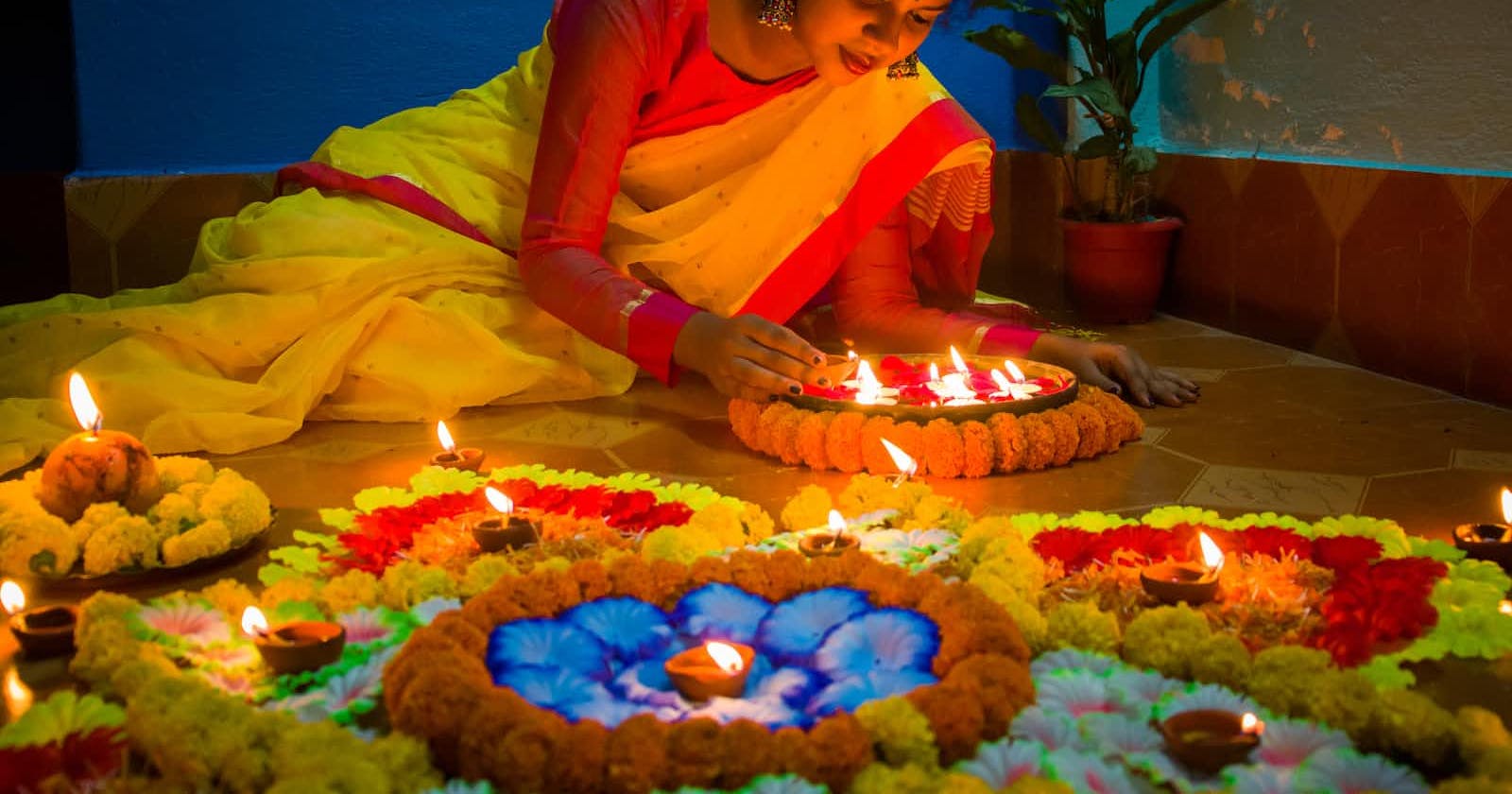
Photo by Rahul Pandit on Unsplash
D: Diwali, India's Festival of Lights
This article is a part of the AI-enhanced Festivals A-Z series covering cultural events from all around the world.

CultureExtra is a human-crafted, AI-enhanced digital culture magazine.
Home to one of the world's oldest civilizations, India is a land of vibrant diversity. Found in South Asia, India has over 1.3 billion people who call it home. It has a rich cultural and religious heritage that dates back over 5,000 years. Hinduism is the major religion practiced by the majority, though many other faiths are also welcomed. With over 20 official languages, Hindi and English serve as common tongues.
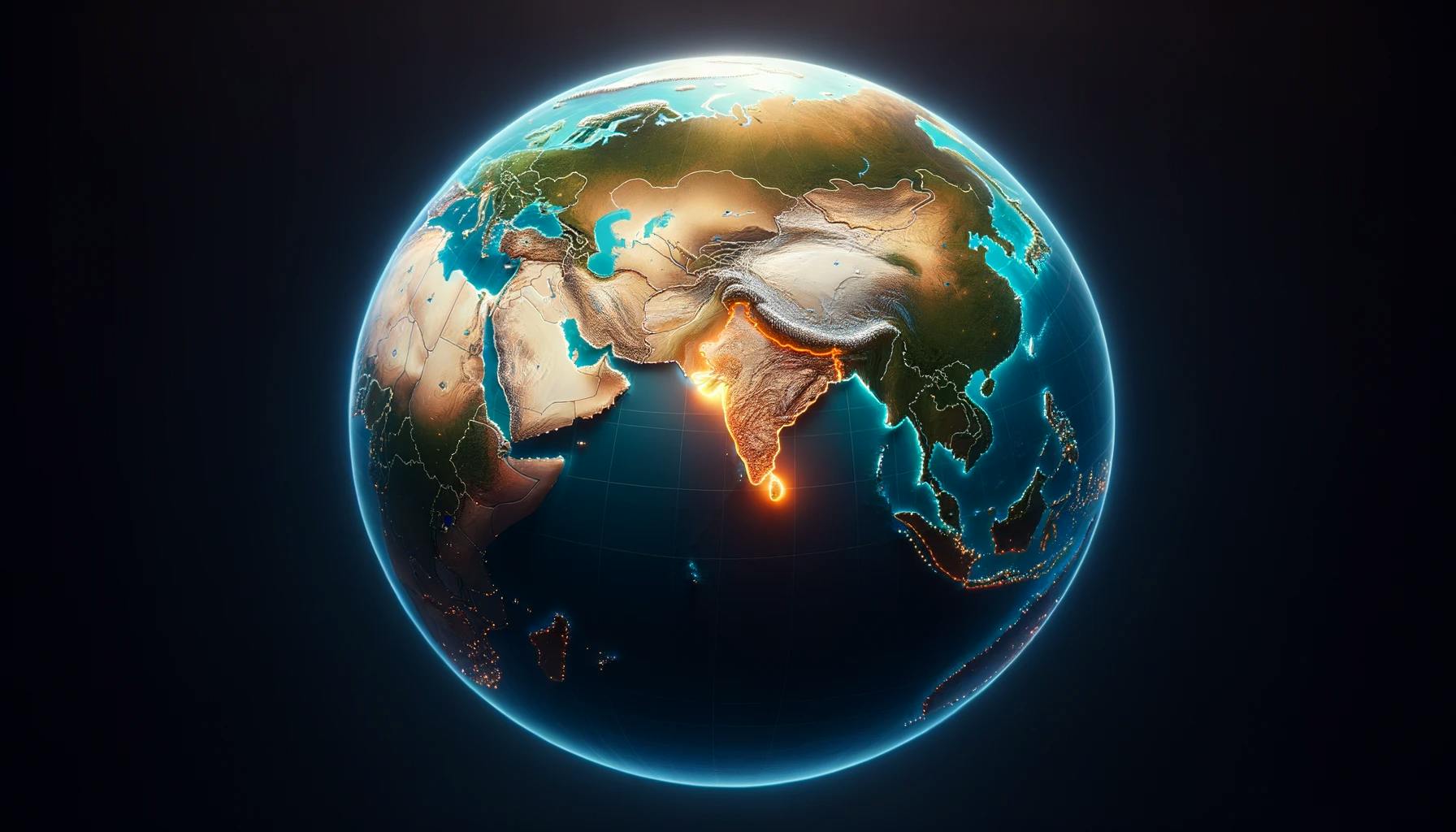
Location of India. Source: Dall-E 3
One of the biggest and most awaited festivals in India is Diwali, the festival of lights. Celebrated by Hindus, Sikhs, Jains and Buddhists, Diwali holds cultural and spiritual significance. The 5-day long festival typically falls between mid-October to mid-November, determined by the Hindu lunar calendar.
Diwali celebrations symbolize the victory of light over darkness, good over evil, and hope over despair. The word “Diwali” comes from the Sanskrit word “Deepavali” meaning “row of lamps”. Millions of earthen lamps called diyas are lit to dispel darkness and invite prosperity.
Festivities begin with Dhanteras, considered an auspicious day to buy gold or kitchenware. The next day heralds Naraka Chaturdashi when Lord Krishna defeated the demon Narakasura. People wake early to take refreshing oil baths and decorate their homes with colorful rangoli art designs as a welcoming gesture.
The third day is the main Diwali festival. Dressed in new traditional attire, families offer prayers to goddess Lakshmi, the deity of wealth and prosperity. They light diyas and adorn their homes with lamps while making offerings of flowers and sweets. The streets dazzle with lively firecracker displays.
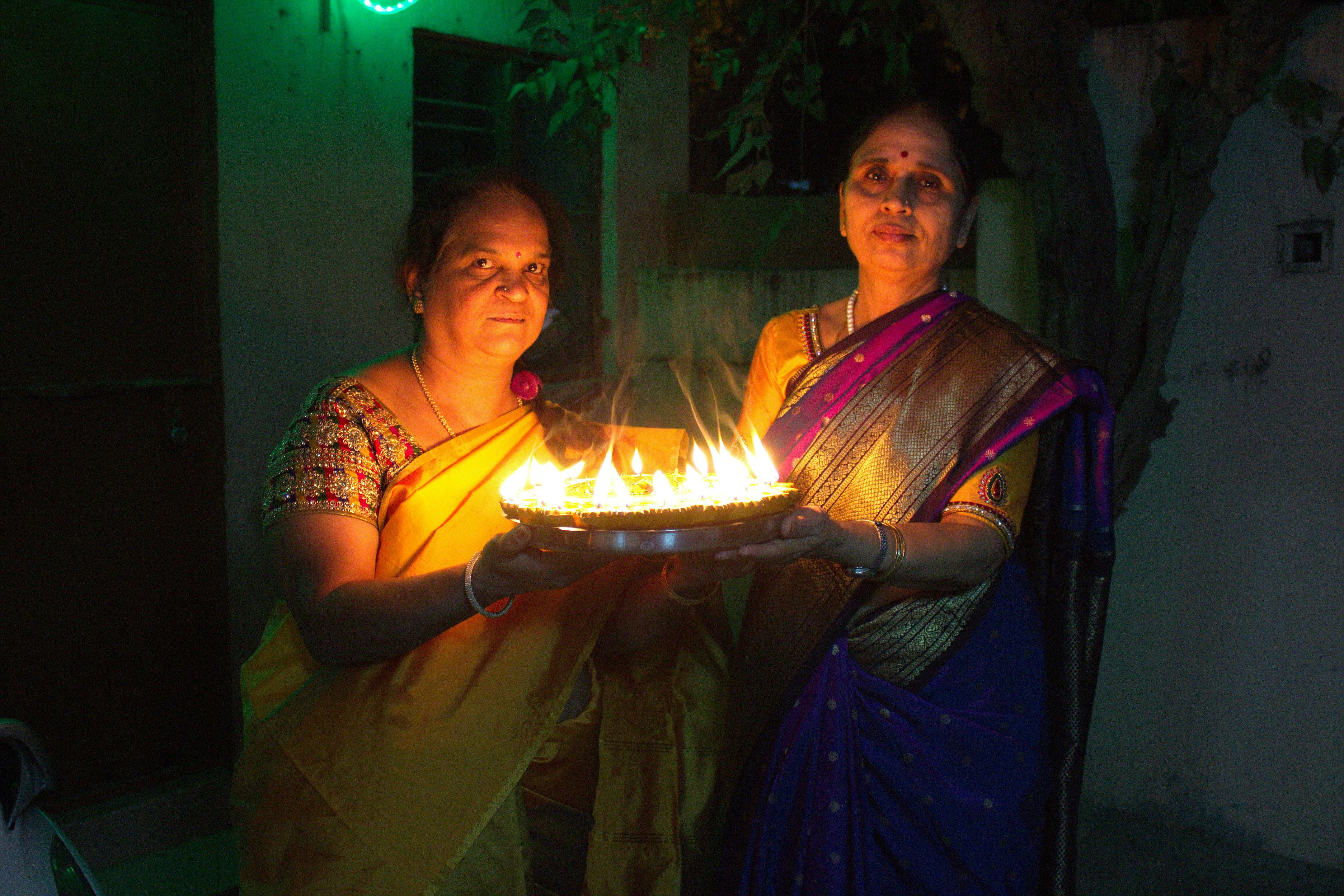
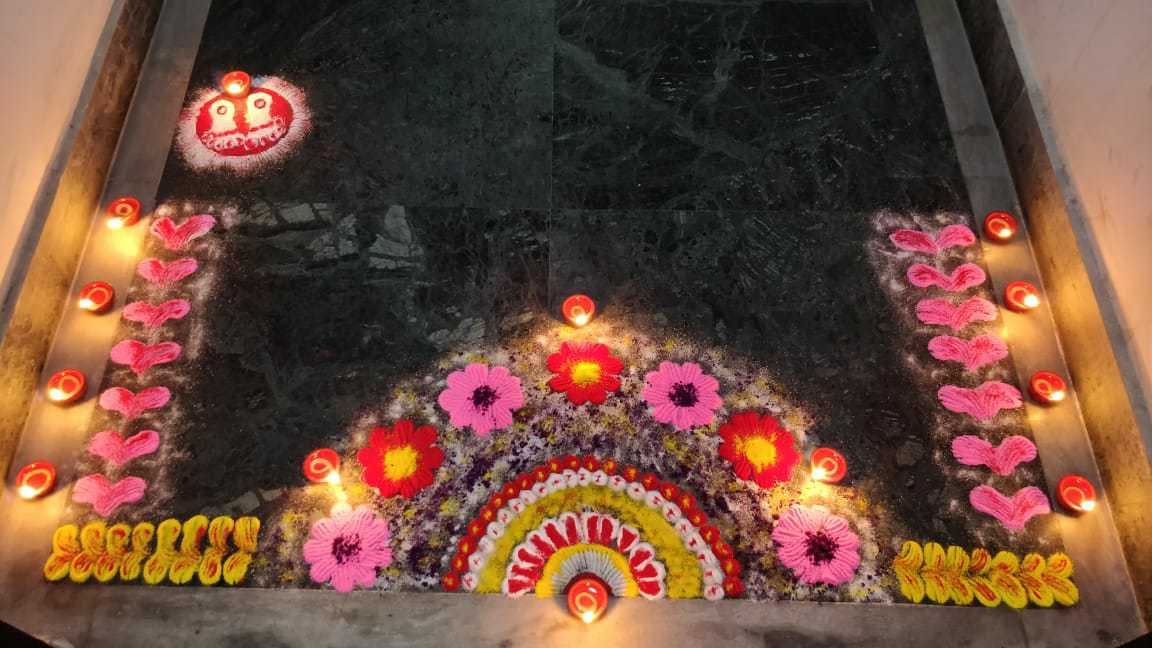
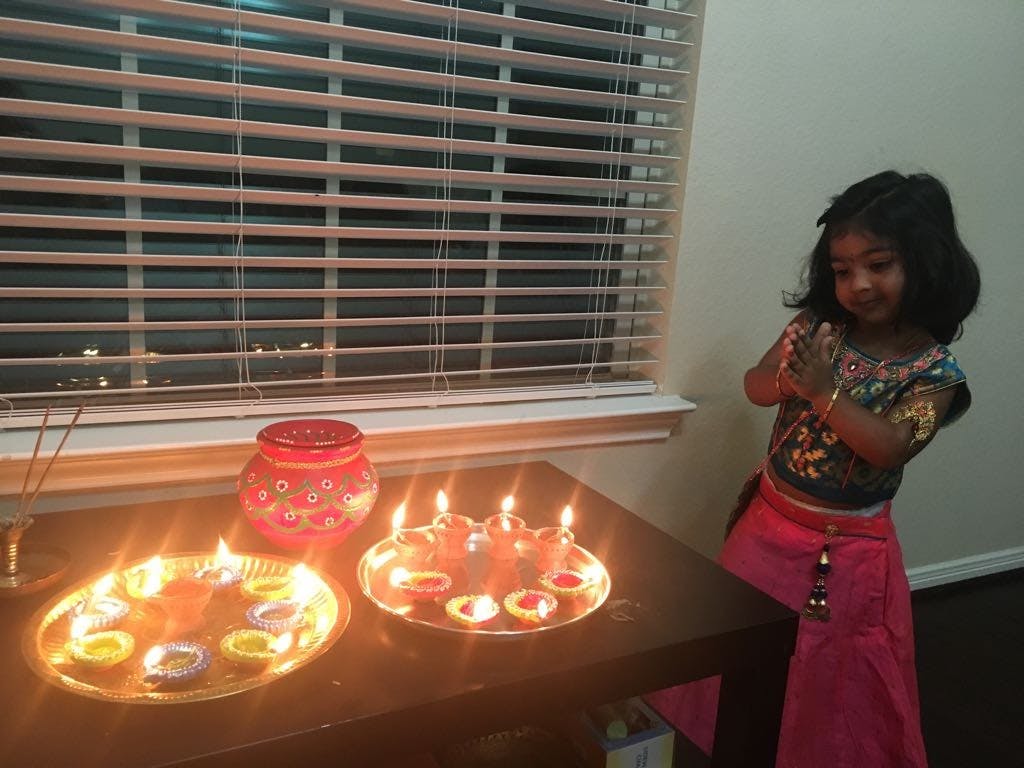
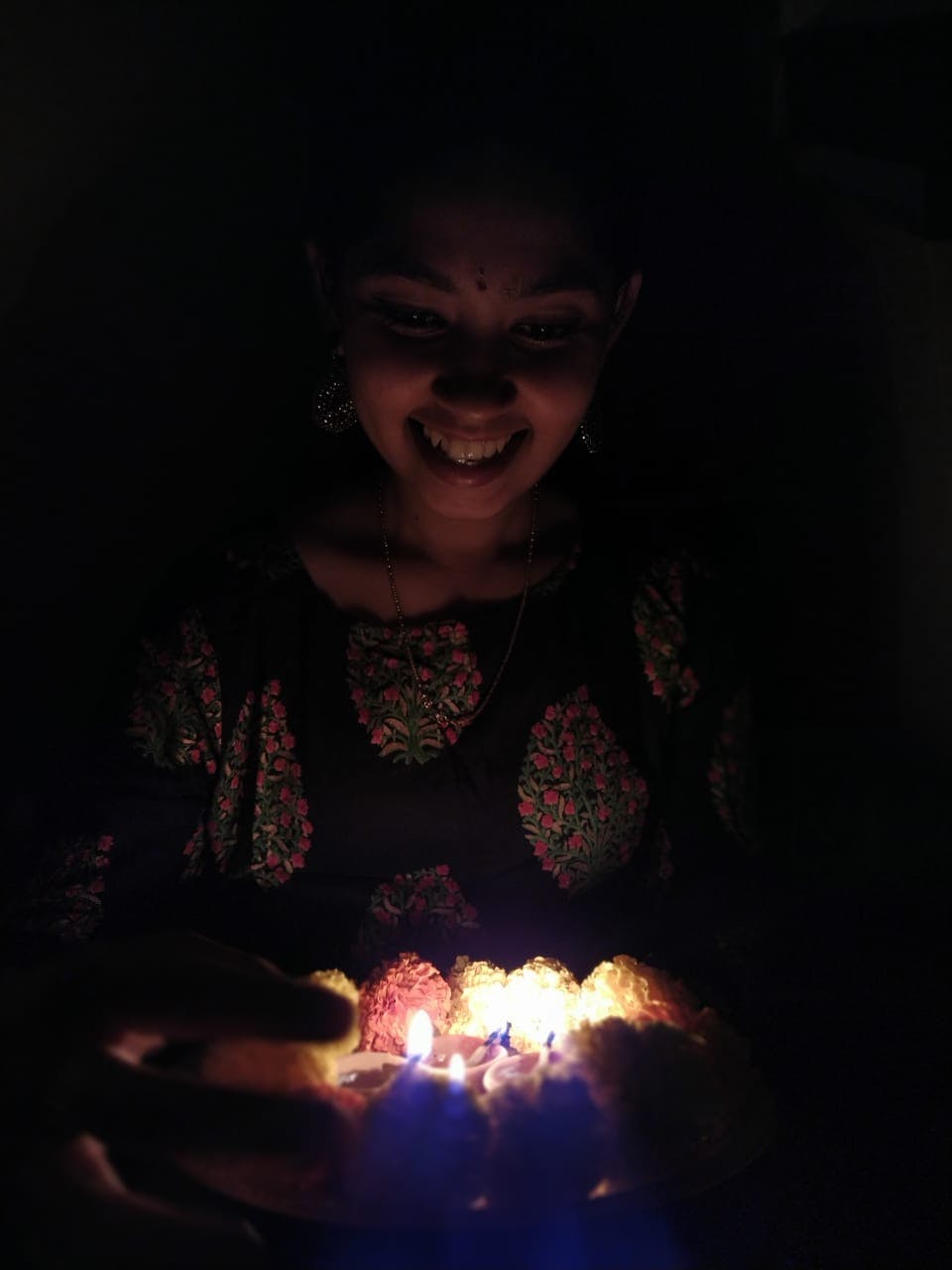
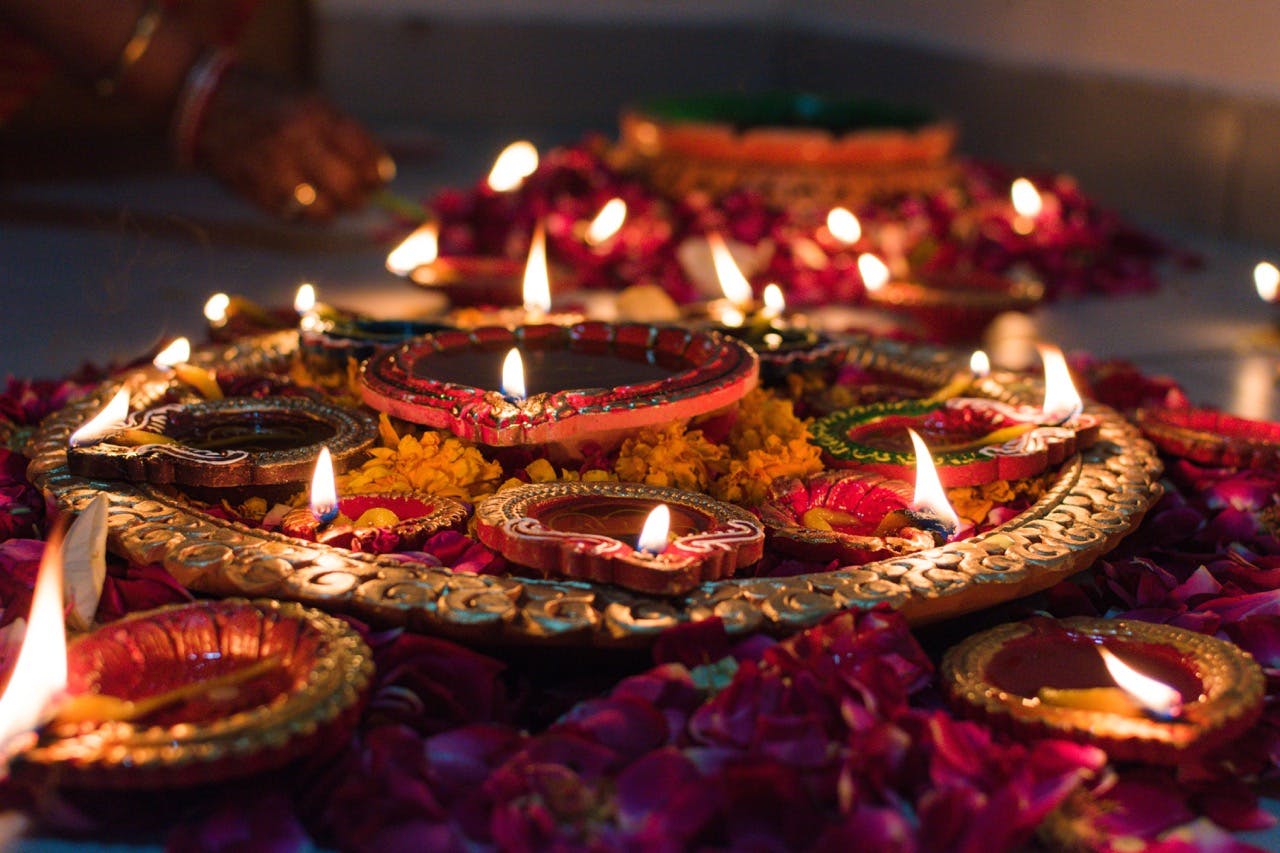
The fourth day, Annakut, is spent feasting on sumptuous food and visiting relatives and friends. On the final day called Bhai Dooj, sisters pray for their brothers to have long and happy lives by performing the tika ceremony and exchanging gifts.
Diwali brings people together, renewing social bonds. The days are filled with sacred traditions, rituals, merrymaking, and an infectious celebratory spirit. Specialty sweets like kheer, barfi, and gulab jamun are prepared as offerings and shared among loved ones.
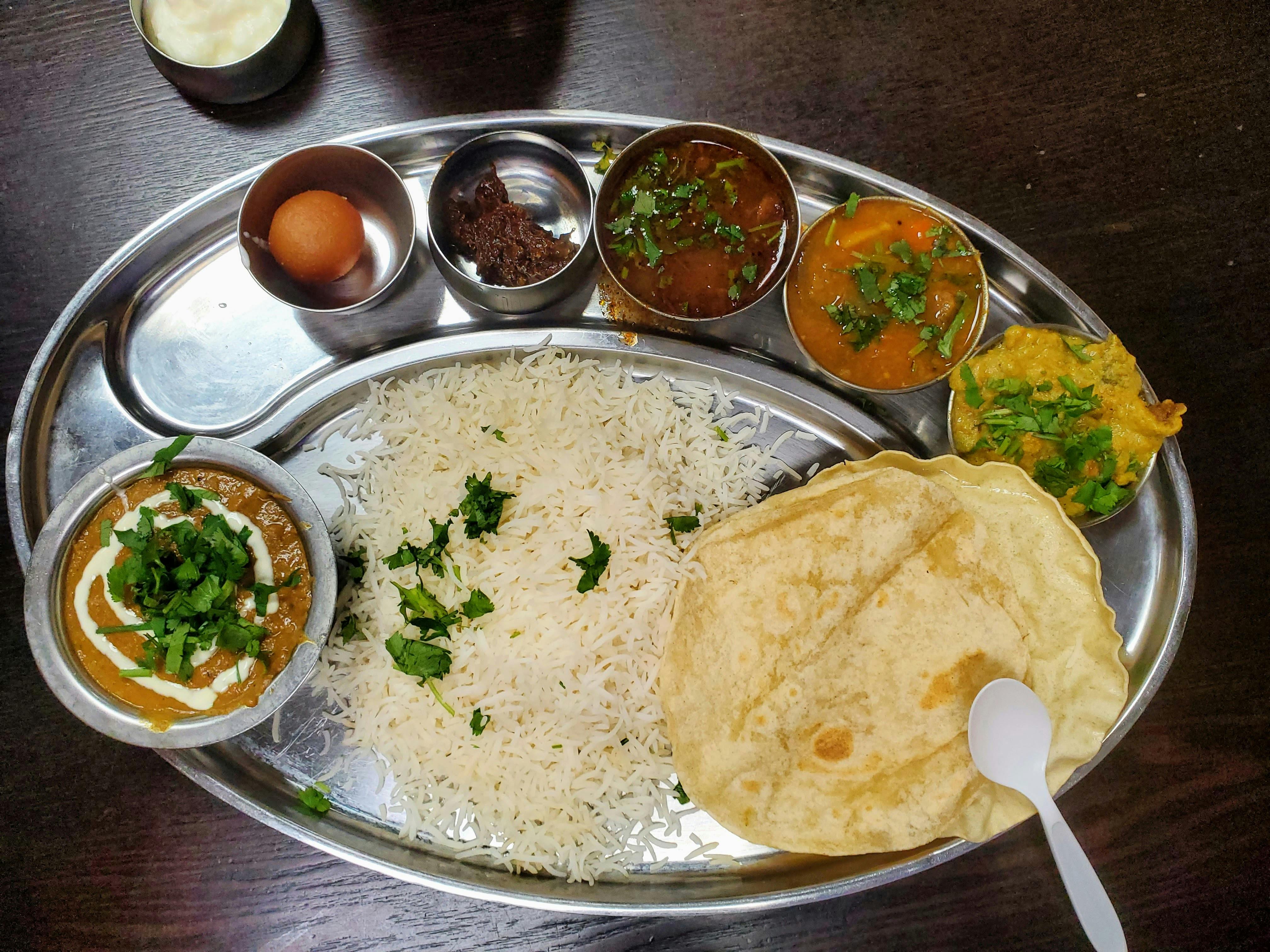

For many Hindus, Diwali honors the return of Lord Rama to his kingdom after a 14 year exile. Sikhs celebrate the release of their sixth guru Hargobind from imprisonment. Jains mark the attainment of moksha or nirvana by Mahavira, the last of the Tirthankaras.
Regardless of the specific legend, Diwali represents the universal victory of righteousness. The rows of glowing lamps signify the light within that must overcome ignorance and hatred. People rejoice in the renewal of life and share the radiance through heartfelt connections.
Diwali sends a message of unity, harmony, and prosperity. The inclusive celebrations warmly embrace all faiths and castes. Differing legends underline Diwali's significance for various communities, yet the underlying essence remains the same. Light dispels darkness, hope defeats despair, and goodness prevails over evil.
The resplendent lights and festive camaraderie of Diwali imbue the atmosphere with a magical glow. Joining the joyous festivities provides lasting memories and perhaps a glimpse into the Divine. May the flame of Diwali spread its luminous message of love and wisdom around the world.
Until next time.

